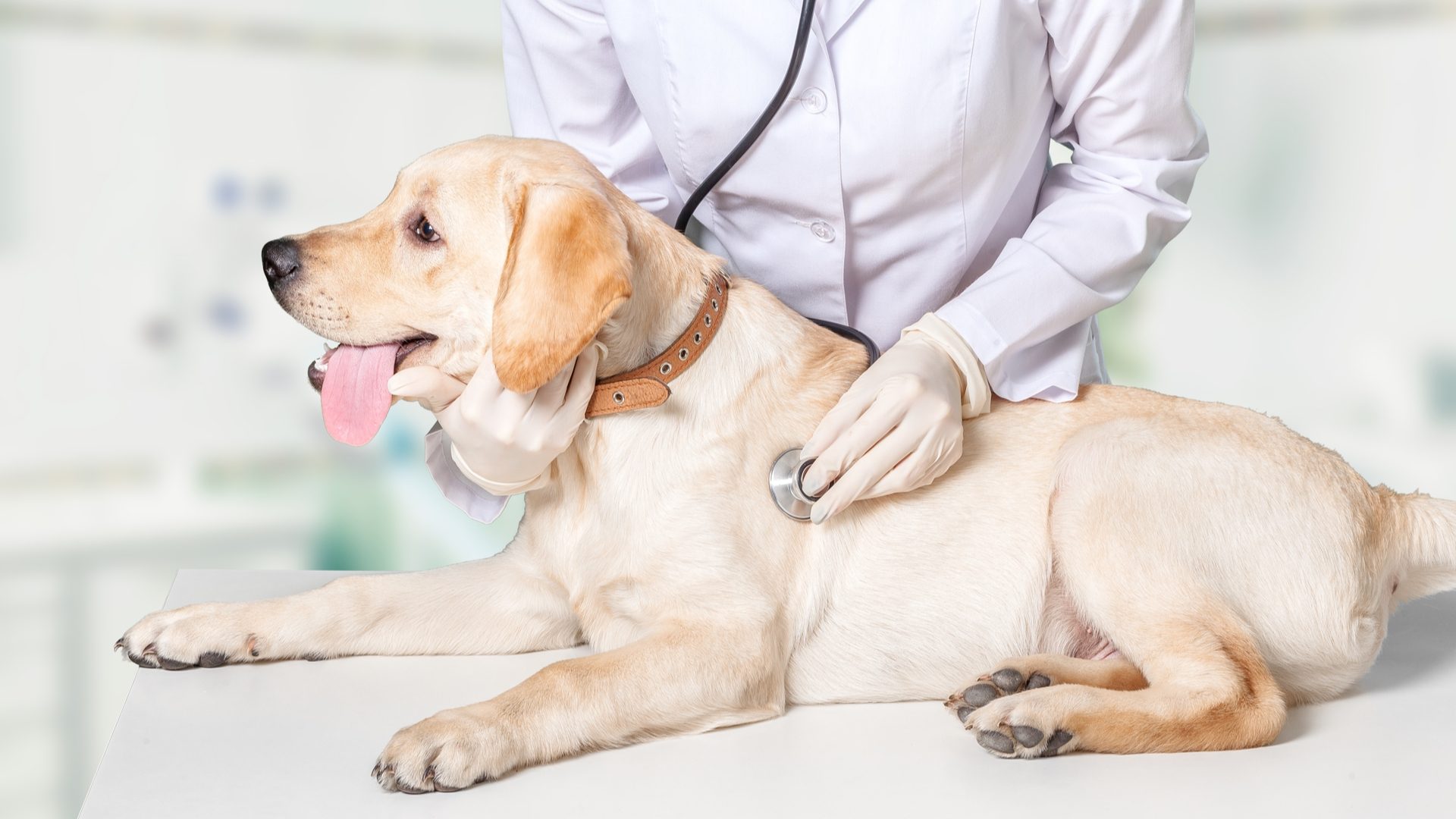
Diagnostics
Wouldn’t it be great if doctors could see inside a body and tell exactly what is wrong?
Technology isn’t quite that advanced yet, but at South Town Animal Hospital we have a wide range of diagnostic tools to assist the veterinarians with making a diagnosis quickly and accurately to get your pet back on a healthy path.
Radiology
Our top-of-the-line digital x-ray suite enables us to take ultra-clear x-ray images much faster than conventional film x-ray, which means less stress and radiation for the patient. In addition, digital x-rays can be effortlessly shared with specialists for referral or consultation.
Ultrasound
Ultrasound is another form of non-invasive imaging that allows us to look inside your pet’s body without surgery. At South Town Animal Hospital, we utilize a mobile ultrasound service and can typically schedule an ultrasound for your pet within 24-48 hours. The ultrasound images are reviewed and interpreted by a Board Certified Radiologist before being sent to your veterinarian.
Laboratory
Pets can’t tell us where it hurts, and many conditions share the same symptoms. To make a diagnosis your veterinarian may need to test their blood, urine and/or feces. There are many types of lab tests and these are usually sent to an external laboratory, with results typically being received in 24-48 hours. In addition, this external lab can provide Board Certified specialist veterinarians for consultation if results are [abnormal].
When faster results are needed, for example with a critically ill or injured pet, we maintain an in-house diagnostic lab suite and can have your pet’s lab results within 30 minutes.
Preventive Care
Pets age much faster than we do, and most cats and dogs are considered a senior by the time they’re seven years old – even earlier for large breed dogs. By performing lab work at annual wellness check-ups, we can catch the beginning signs of many conditions such as diabetes, thyroid disease, liver and kidney disease. These conditions are far easier to treat early, before a pet starts showing symptoms. For example, most cats diagnosed in the early stages of chronic kidney disease live 2-3 years. Cats diagnosed in later stages tend to live less than 6 months after diagnosis.
In addition, routine lab testing is an important tool in diagnosing parasitic infections that can be harmful or even fatal to your pet if left untreated, such as heartworm disease. Fecal testing for intestinal parasites such as roundworms is also important as these can be passed from pets to people.



Schedule Your Appointment Today!
Contact us today to schedule your next appointment.